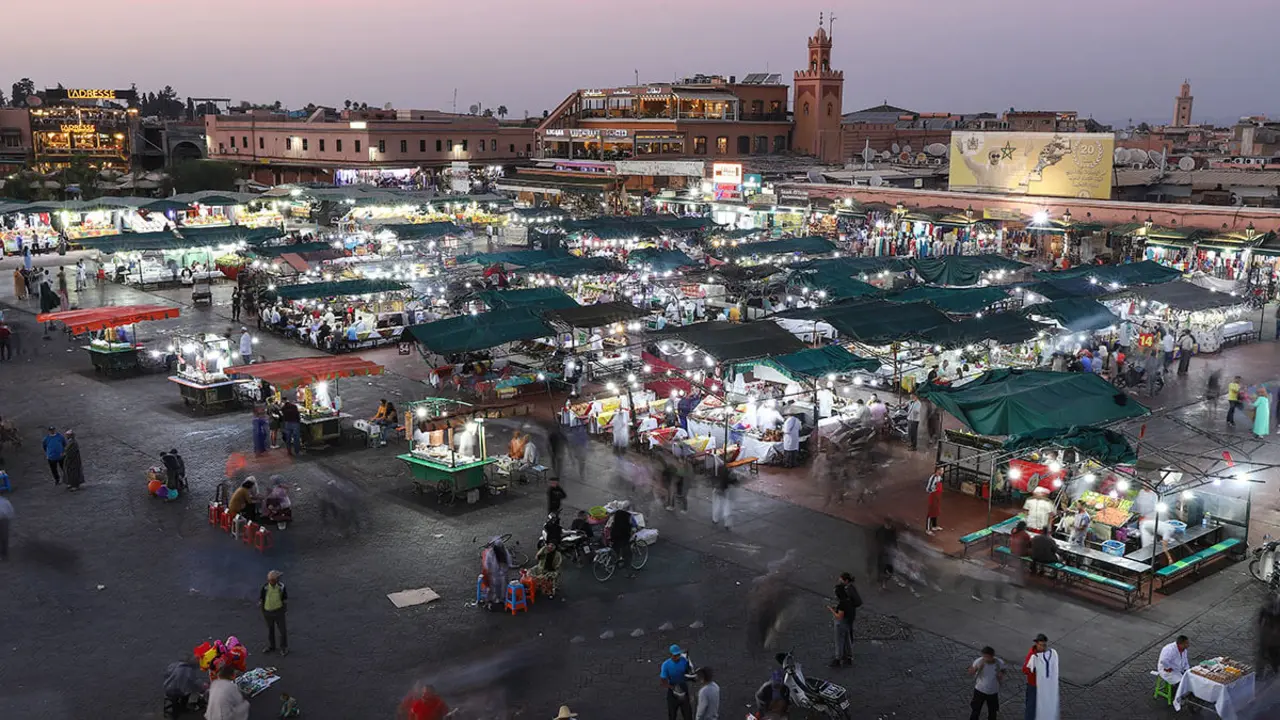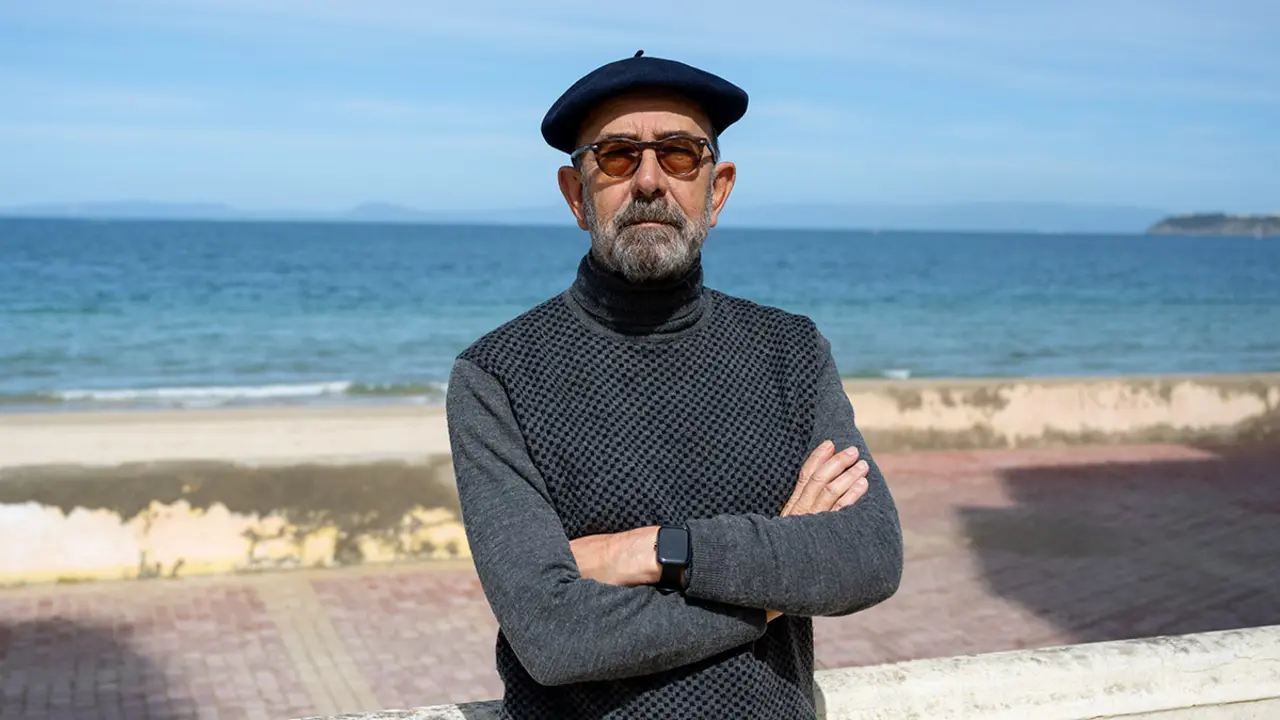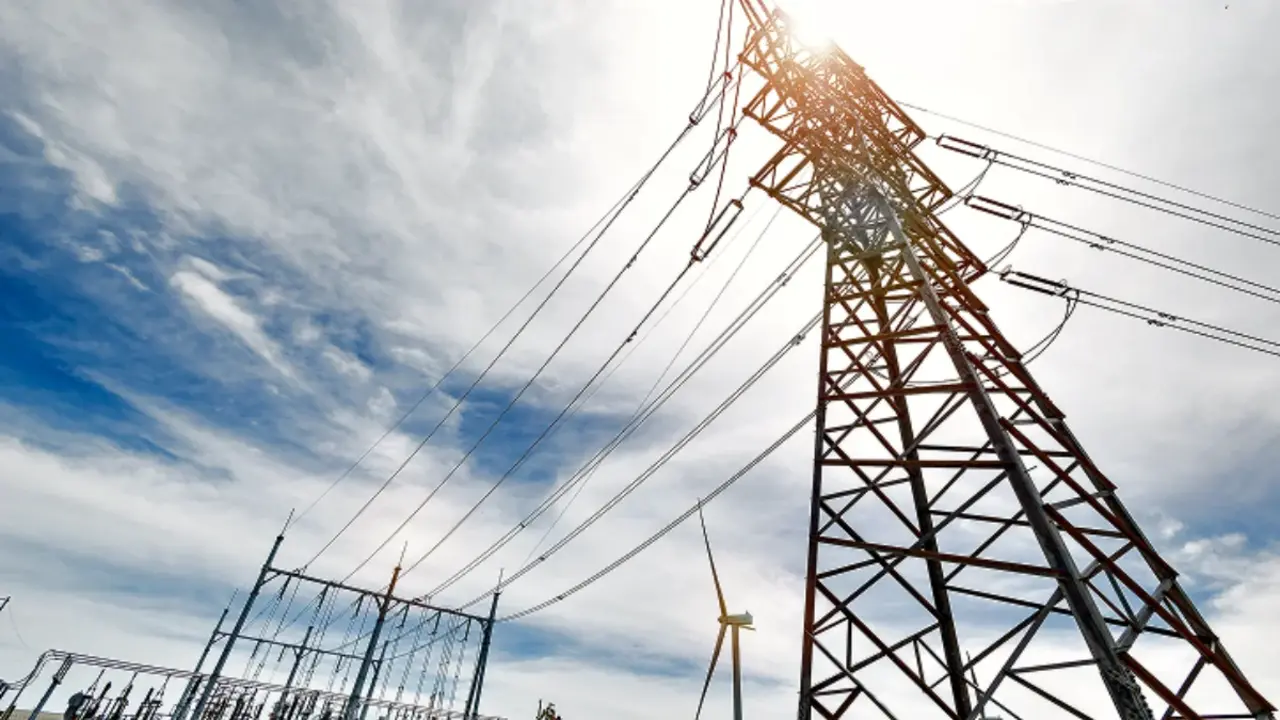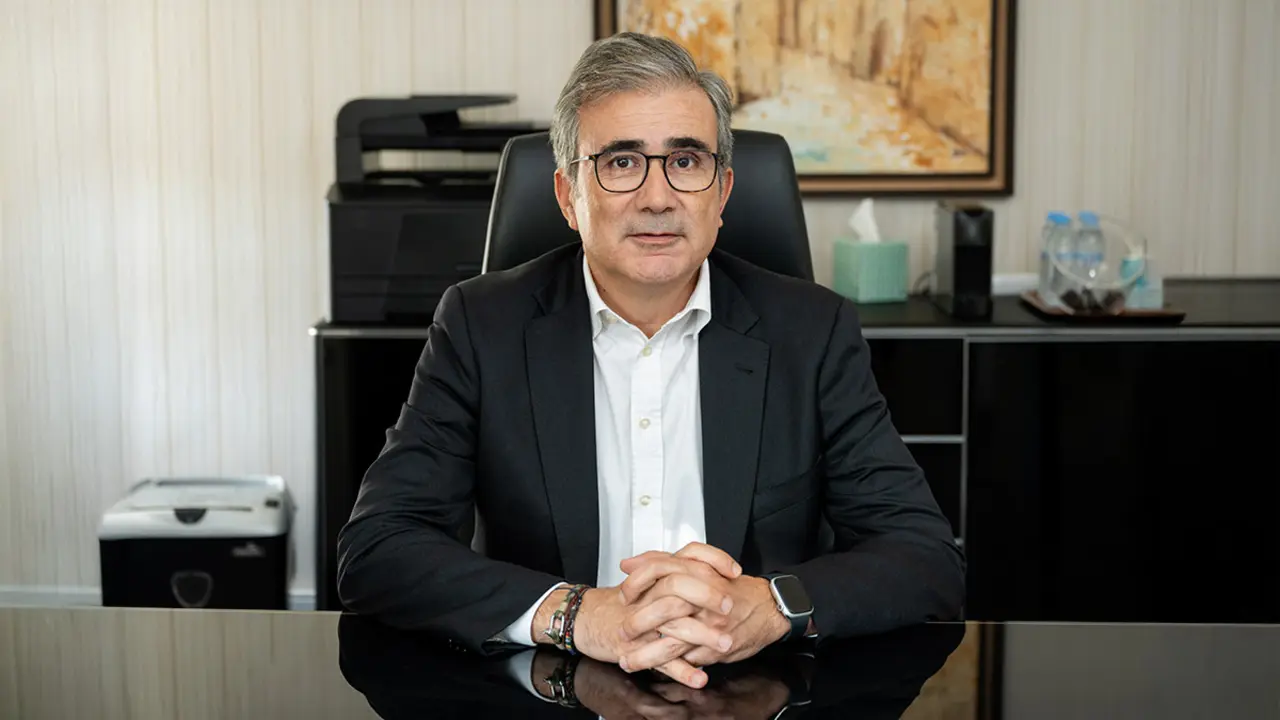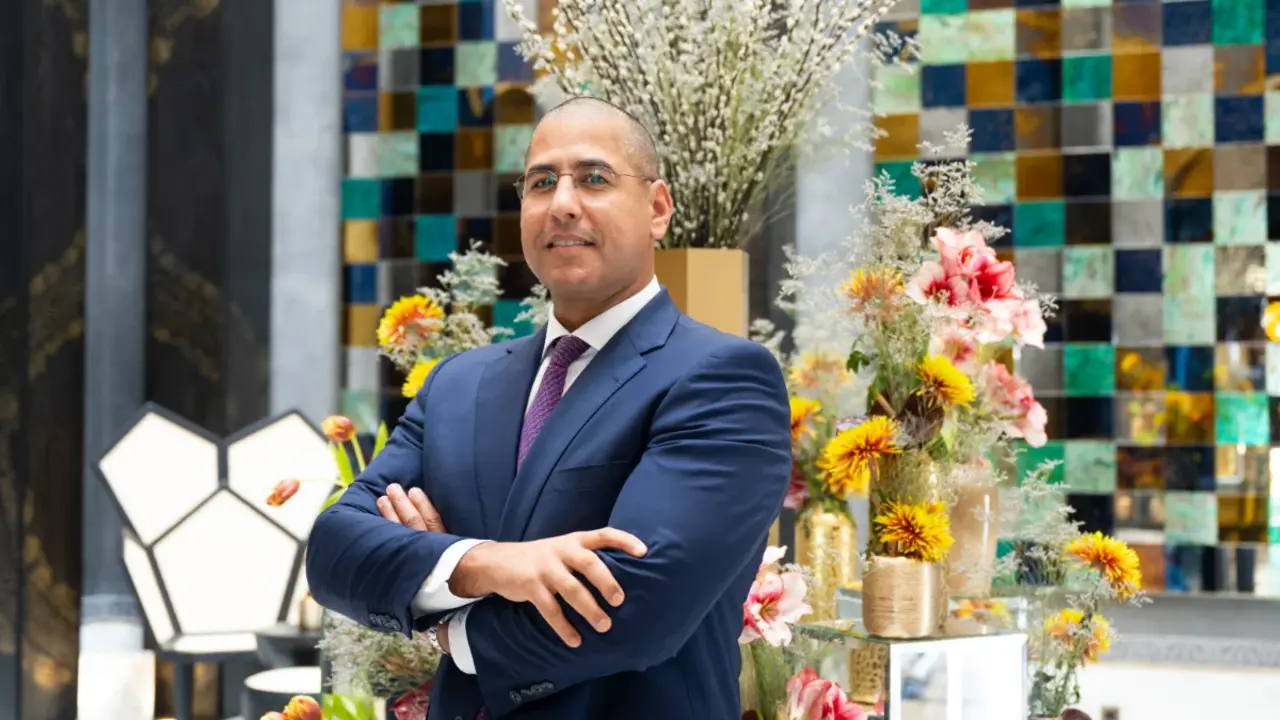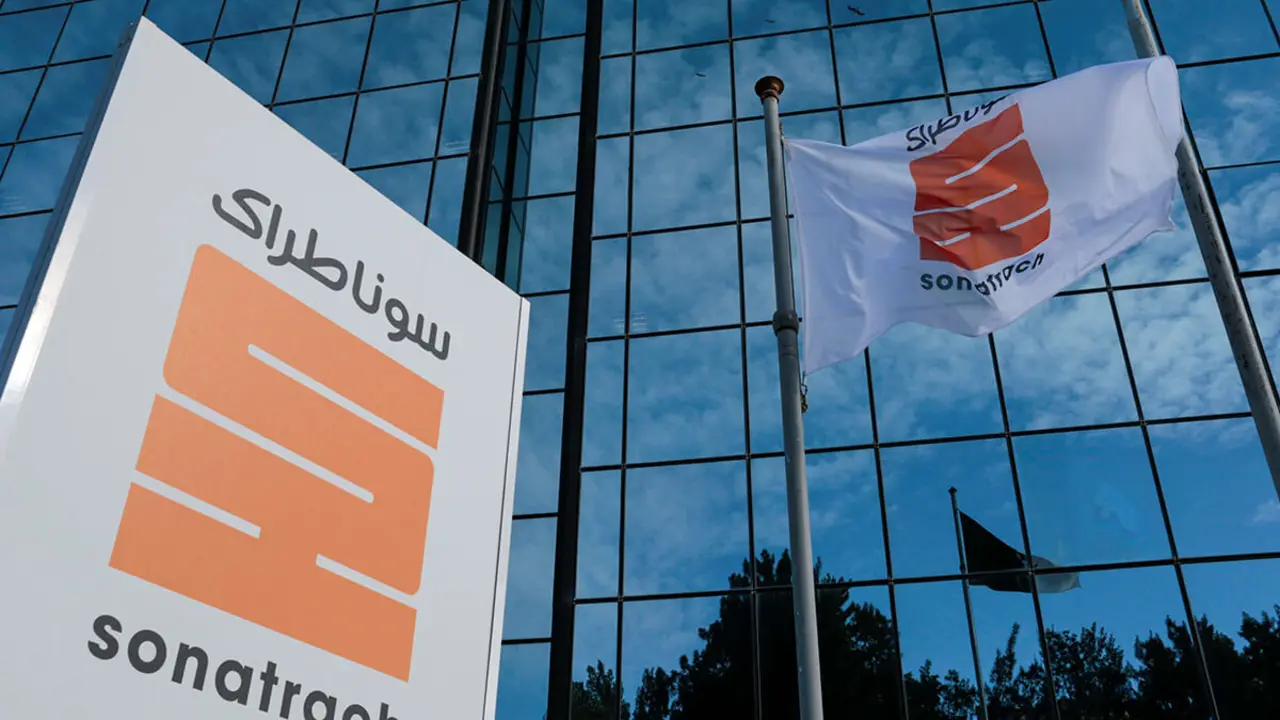Morocco's government designs a plan to ensure food sovereignty
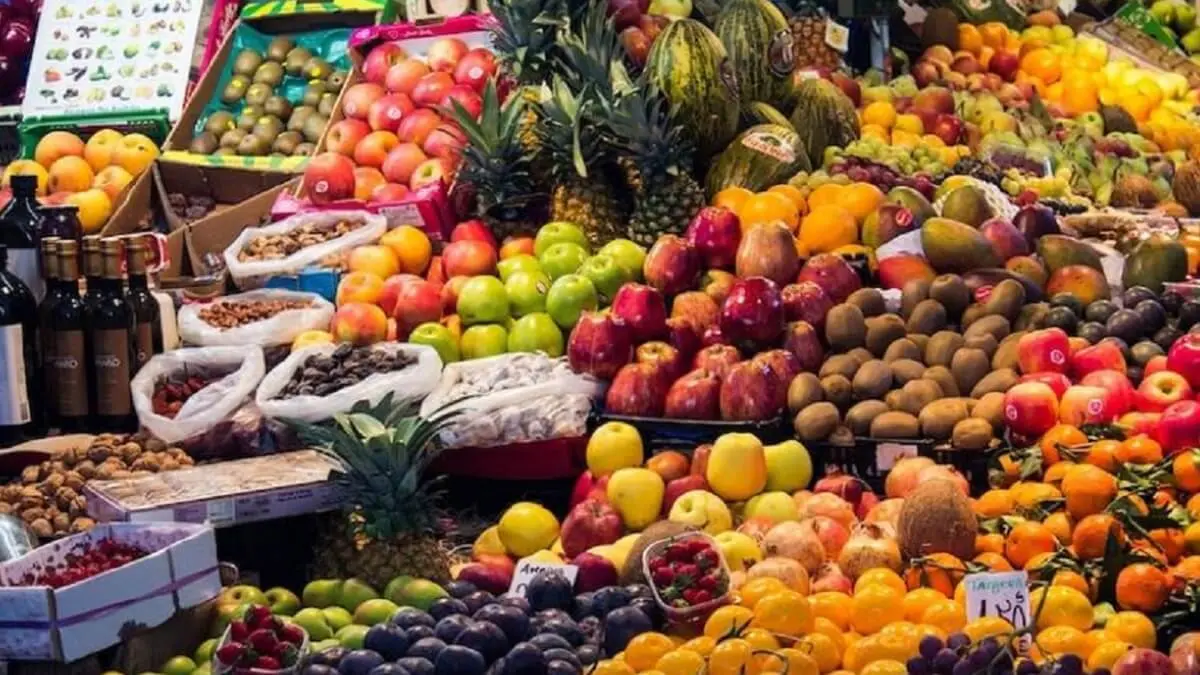
The Kingdom of Morocco's agricultural capacity, despite the drought and the difficulties caused by the war in Ukraine, is thriving. Moroccan Prime Minister Aziz Akhannouch noted that this year will also be challenging, but the government is trying to overcome it "with significant productivity in several production chains". Attention to strategic food security in the current international context is one of the government's major challenges, he added.
He said this in a speech to MPs during a monthly constitutional accountability session on the theme "the government's vision for establishing a national food sovereignty system". The Prime Minister said his government is "working to lay the foundation for a sustainable food system to achieve food sovereignty", noting that the intensity of geostrategic tensions and regional conflicts, as well as the effects of the pandemic, have led to a widespread collapse of economic activities and an imbalance in global value chains.
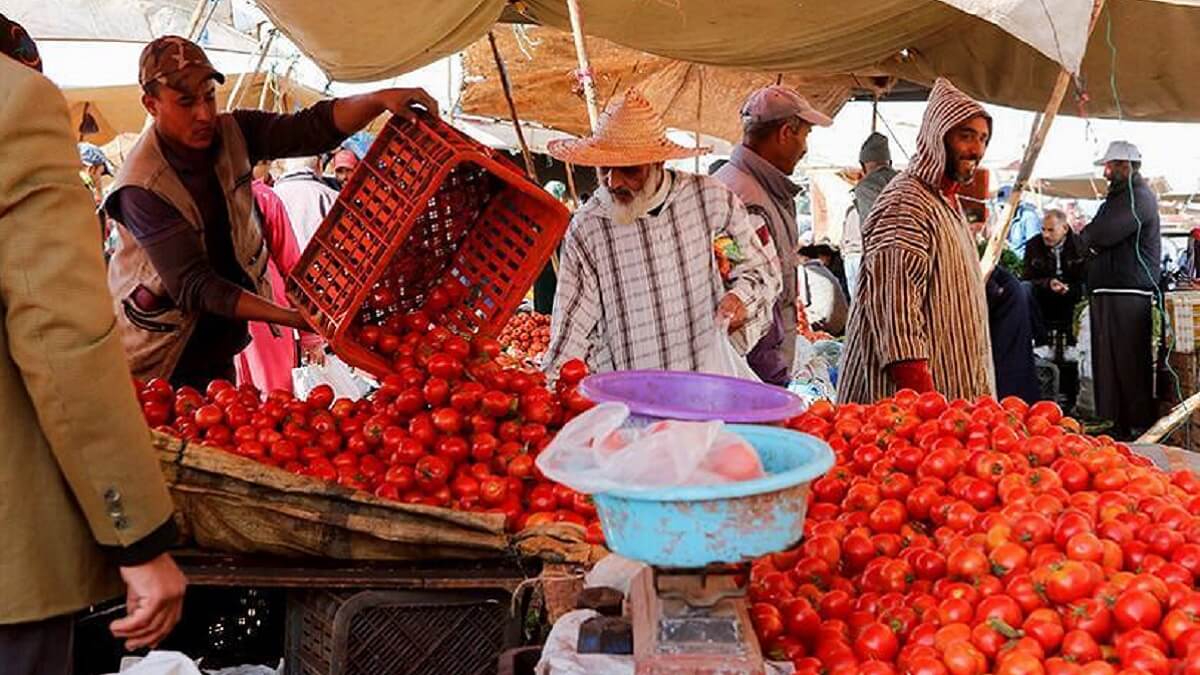
One of the biggest challenges facing the government, according to Aziz Akhannouch, is food security. Due to the consequences of the Ukrainian crisis, which resulted in price increases that the government recently managed to control and achieve some equilibrium, the North African country experienced difficulties in obtaining some food last year.
Akhannouch's government has put forward ambitious projects because it believes the kingdom will be able to handle any shortages on its own. Akhannouch said that "the expansion of food inflation is due to the excessive tightening by a group of countries on exports of oils, wheat and sugar, which is exacerbated by the position of the parties to the Russian-Ukrainian conflict in the world grain market, where they provide about 50% of the world's grain supply".

At the height of the pandemic crisis, the Prime Minister, who had previously held the agriculture portfolio, noted that his achievements had ensured Moroccans' access to food and pointed out that "the magnitude of his achievements reached the ambition set and achieved the goals that had been set, especially in achieving food security for Moroccans".
According to the Hespress website, the prime minister did not hide the fact that "the effects of global problems and the accompanying inflationary pressures, increasing energy, commodity and food prices, and the disruption of global supply chains, darken the state of the national economy and generate additional costs for the state budget". Drought is a major concern, which is why farmers from all over the country have gathered at the 15th edition of the Moroccan International Agricultural Show with the aim of achieving effective irrigation solutions.
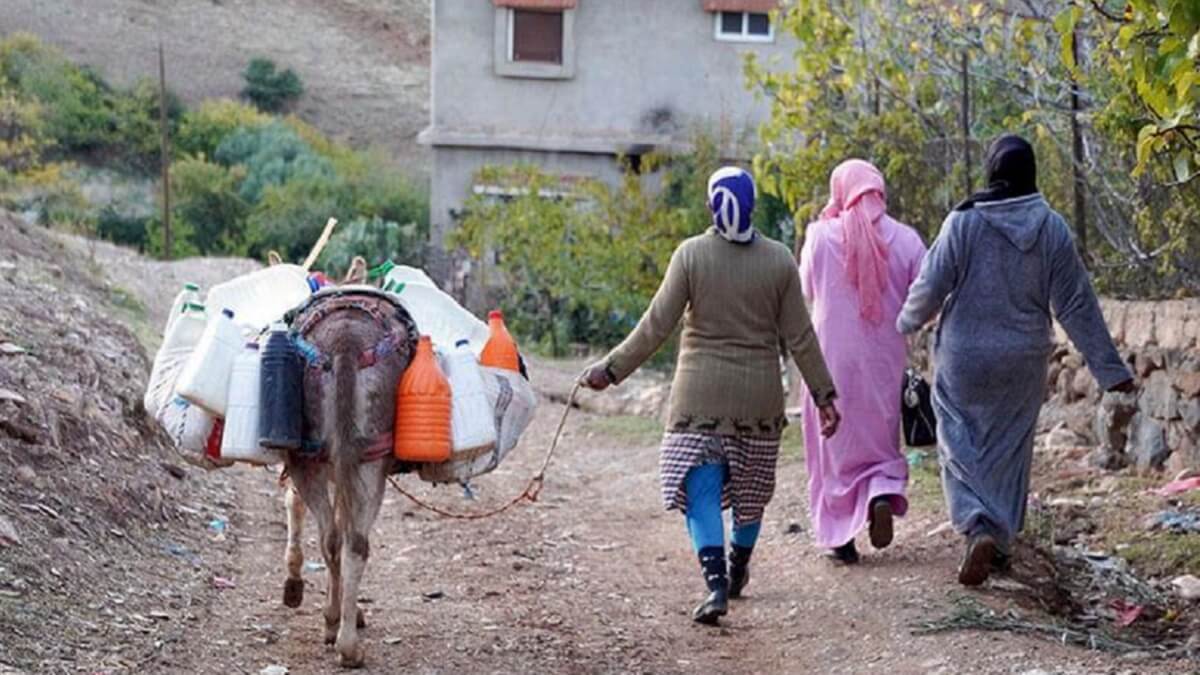
The Moroccan government wants agriculture, which currently accounts for 14% of GDP, to have a greater impact on the nation's economy. The Green Morocco Project, which was presented in 2008, was mentioned by Akhannouch. According to Akhannouch, this project "contributed to the full exploitation of Morocco's agricultural potential, doubling agricultural GDP to exceed the ceiling of 127 billion dirhams in 2021, tripling exports with an employment rate of 75% in rural areas".
"This helped improve the average agricultural income in the rural world by 66% by mobilising total investments of nearly 160 billion dirhams, of which private investments constitute more than 60%," he said. Since 2013, the first year after the entry into force of the EU-Maghreb Association Agreement that included a preferential quota of 285,000 tonnes, the volume of EU imports from Morocco has increased from 365,695 tonnes to 557,225 tonnes in 2022 and, if the UK is included, the volume rises to 701,541 tonnes.

